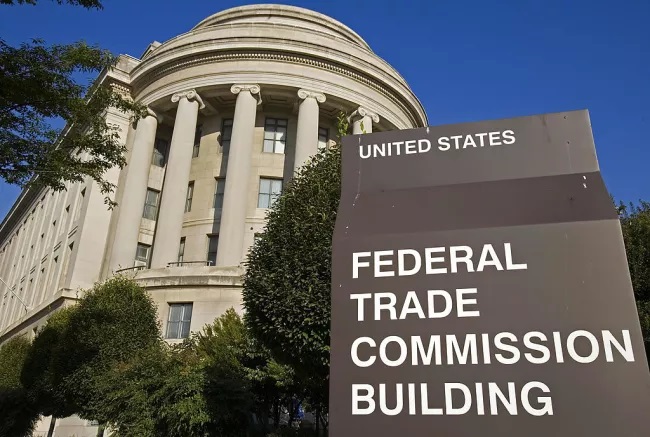FTC Files Suit Against Amazon
Amazon knowingly "duped millions of consumers" into unknowingly enrolling in Amazon Prime,” FTC says in a legal action that could impact the streaming business

WASHINGTON, D.C.—The Federal Trade Commission (FTC) have filed a lawsuit against Amazon that alleges widespread abuses in the way the online retail giant handles its Amazon Prime membership program.
Amazon has hotly disputed the charges.
The FTC lawsuit primarily addresses Amazon’s power in the online shopping arena. But it could have longer term implications for the streaming video business given the fact that streaming video is one of the perks offered to Amazon Prime members, which total more than 200 million.
The FTC said it is taking action against Amazon.com, Inc. for its years-long effort to enroll consumers into its Prime program without their consent while knowingly making it difficult for consumers to cancel their subscriptions to Prime.
In a complaint filed June 21 in U.S. District Court for the Western District of Washington, the FTC charges that Amazon has knowingly duped millions of consumers into unknowingly enrolling in Amazon Prime.
More specifically, the FTC contends that Amazon used manipulative, coercive, or deceptive user-interface designs known as “dark patterns” to trick consumers into enrolling in automatically-renewing Prime subscriptions.
Amazon also knowingly complicated the cancellation process for Prime subscribers who sought to end their membership, the FTC alleges.
Get the TV Tech Newsletter
The professional video industry's #1 source for news, trends and product and tech information. Sign up below.
The primary purpose of its Prime cancellation process was not to enable subscribers to cancel, but to stop them, the FTC said. Amazon leadership slowed or rejected changes that would’ve made it easier for users to cancel Prime because those changes adversely affected Amazon’s bottom line.
“Amazon tricked and trapped people into recurring subscriptions without their consent, not only frustrating users but also costing them significant money,” said FTC chair Lina M. Khan. “These manipulative tactics harm consumers and law-abiding businesses alike. The FTC will continue to vigorously protect Americans from “dark patterns” and other unfair or deceptive practices in digital markets.”
The complaint filed by FTC’s is significantly redacted, though the FTC has told the Court it does not find the need for ongoing secrecy compelling. The complaint charges that Amazon used so-called “dark patterns” to cause consumers to enroll in Prime without their consent, in violation of the FTC Act, and the Restore Online Shoppers’ Confidence Act.
During Amazon’s online checkout process, consumers were faced with numerous opportunities to subscribe to Amazon Prime at $14.99/month. In many cases, the option to purchase items on Amazon without subscribing to Prime was more difficult for consumers to locate. In some cases, the button presented to consumers to complete their transaction did not clearly state that in choosing that option they were also agreeing to join Prime for a recurring subscription, the FTC alleges.
The FTC also alleges that Amazon put in place a cancellation process designed to deter consumers from successfully unsubscribing from Prime. It contented that consumers who attempted to cancel Prime were faced with multiple steps to actually accomplish the task of cancelling, according to the complaint.
The complaint also alleges that Amazon was aware of consumers being nonconsensually enrolled and that the company’s executives failed to take any meaningful steps to address the issues until they were aware of the FTC investigation. In the complaint, the FTC also alleges that Amazon attempted to delay and hinder the Commission’s investigation in multiple instances.
In a statement released to the New York Times, Amazon said the “claims are false on the facts and the law” and that “by design we make it clear and simple for customers to both sign up for or cancel their Prime membership.”
The New York Times also reported that Amazon accused the F.T.C. of filing the lawsuit without advance notice, while the two sides were still in conversation about the case.
The Commission vote authorizing the staff to file the complaint was 3-0.
George Winslow is the senior content producer for TV Tech. He has written about the television, media and technology industries for nearly 30 years for such publications as Broadcasting & Cable, Multichannel News and TV Tech. Over the years, he has edited a number of magazines, including Multichannel News International and World Screen, and moderated panels at such major industry events as NAB and MIP TV. He has published two books and dozens of encyclopedia articles on such subjects as the media, New York City history and economics.

